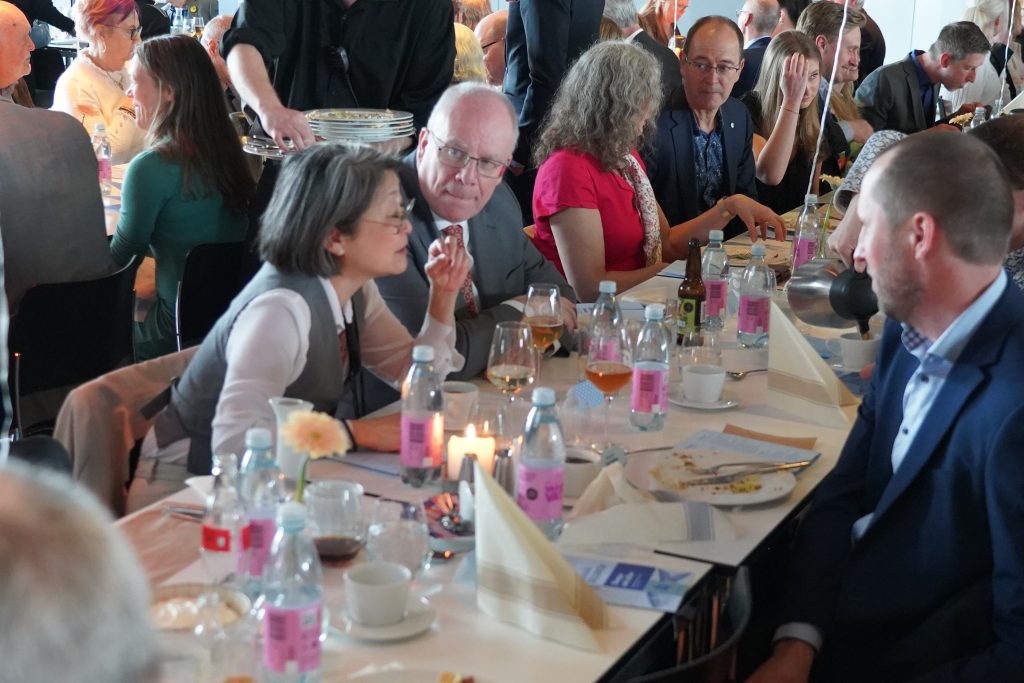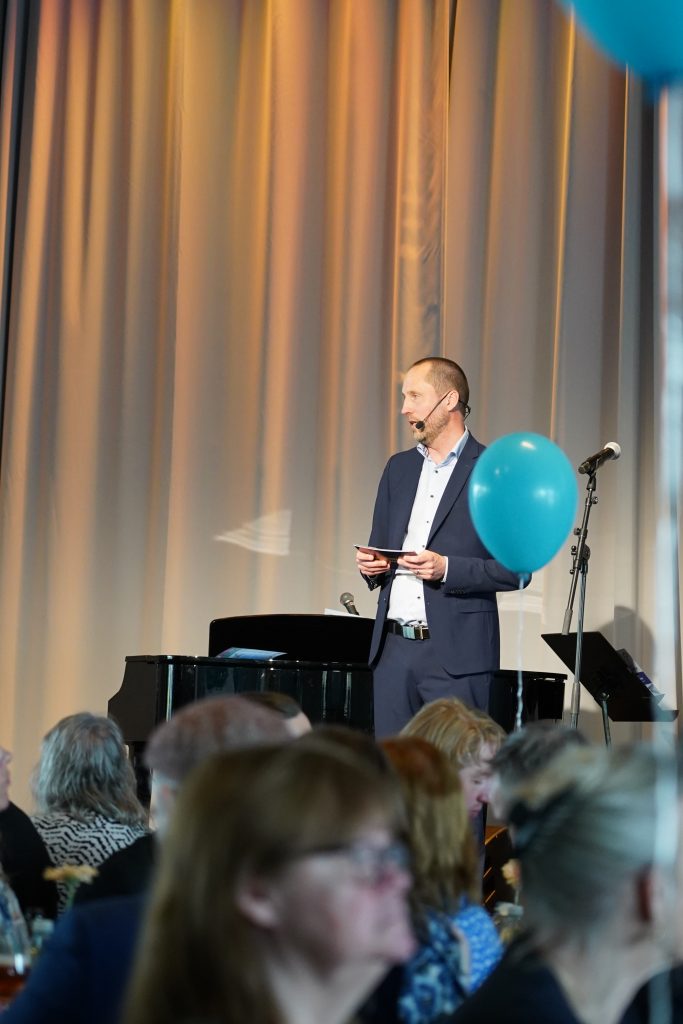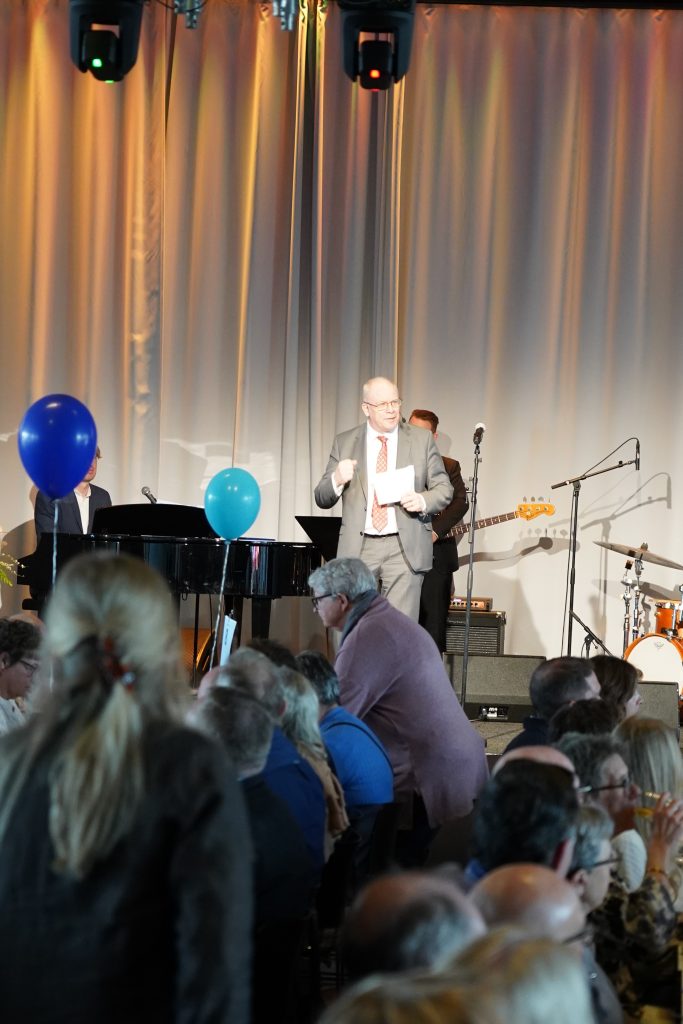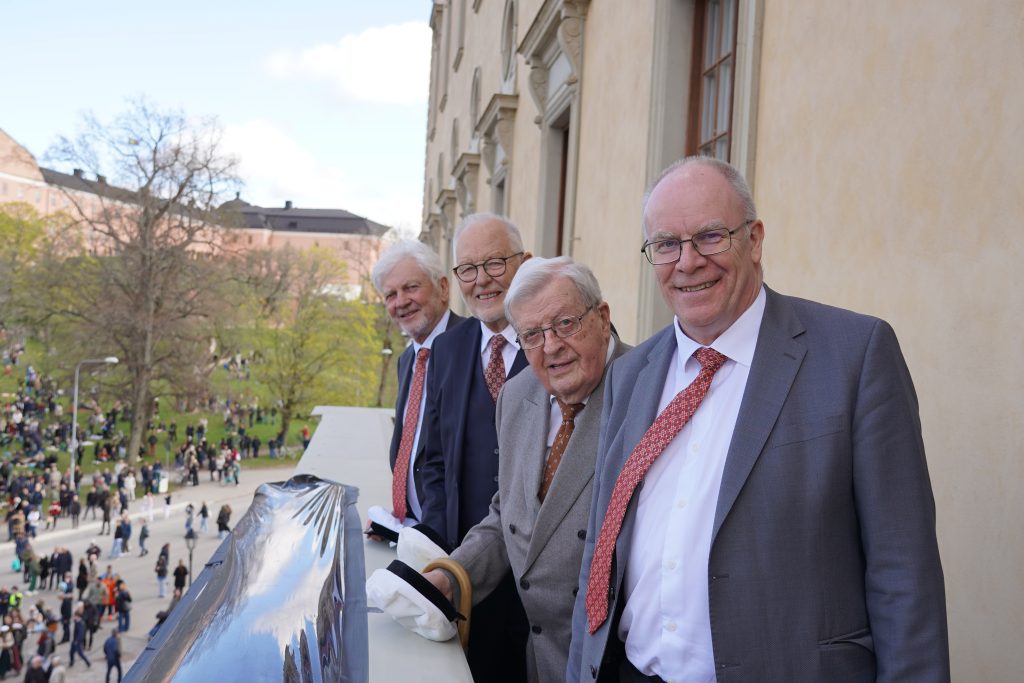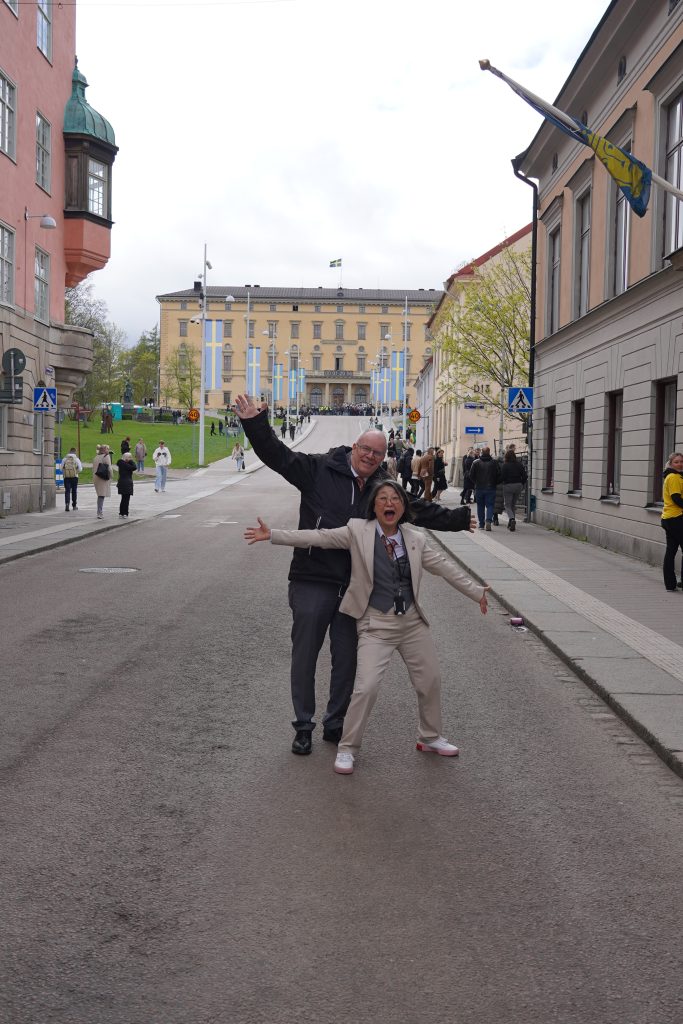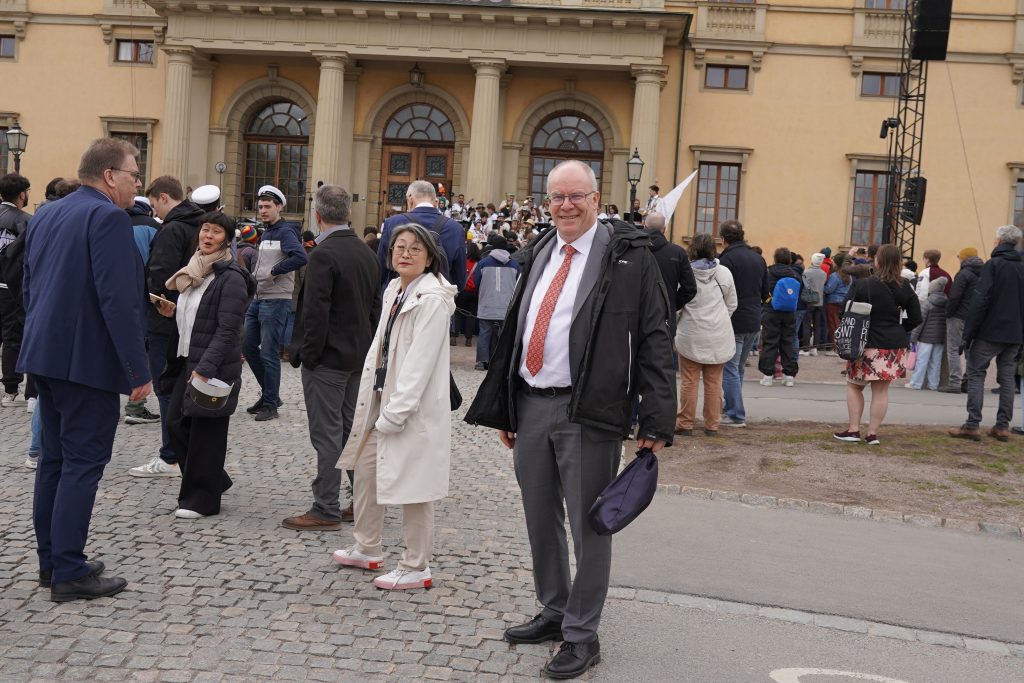The great effort of our own research evaluation Q&R24 (Quality and Renewal 2024) will soon be completed (I trust you have already registered for the conference on 8 May ). The whole University has been involved and we are proud to see how researchers and groups are driving the frontiers of knowledge forward through top-quality research. Having said that, the evaluation is not intended as a chance to pat ourselves on the back and take satisfaction in the current state of affairs. The aim, after all, is to identify potential for improvement, ways to further sharpen our cutting edge. The evaluation and its aims are in line with the declaration in our Mission, Goals and Strategies that the University aspires to strengthen its position as a leading international research university.
Meanwhile, there are other factors the University also has to take into account, for example measurements made by various institutes and organisations that have a major international impact. We are talking about Times Higher Education, the QS world education rankings, the Shanghai rankings and others. These rankings affect us directly and indirectly. For example, they can influence students from certain countries when applying for scholarships and certain funders consider them important. We can be pleased here that we have gained a few places in the international rankings in recent years.
However, there is greater cause for concern if we compare ourselves with other Swedish universities. If we look at scholarly impact through scholarly publications, the picture is less rosy. Publications among the ten per cent most frequently cited show a downward trend (we are currently in seventh place in Sweden).
We need to do something about this. The work we have put into reviewing our research in Q&R24 helps as we seek to move forward. Q&R24 has led to many good suggestions and ways to advance, showing that the University, with the help of critical friends from other institutions, is able to identify structural problems and common needs. A key strength of the Q&R model is that we own the process ourselves. It is our evaluation and we can design it to contribute as effectively as possible to our development. If we dare to be bold, our University can be greatly improved by these proposals.
Q&R24 is under our own control, but most assessments and rankings are run by others. It still happens that the focus is on the total number of articles, rather than the quality. The systems can also sometimes be manipulated, for example by researchers citing each other and even themselves.
The ways of assessing and measuring researchers and research are far from perfect. Many people want to create better systems and the discussion has led to various initiatives for improvement. The most recent include the Agreement on Reforming Research Assessment (ARRA) and the Coalition for Advancing Research Assessment (CoARA). This is an initiative that aims to ensure that the assessment of researchers and research is predominantly qualitative, even if quantitative data can provide important input. Among other things, the organisation seeks to ensure that rankings do not affect the assessment of individual researchers, that bibliometric measures are used with care, and that criteria, tools and processes are developed for a fair and comprehensive assessment of researchers and research.
CoARA is an important initiative in which Uppsala University is participating. Initially, we took a wait-and-see approach, as early proposals for CoARA were too simplistic in some respects. For example, they recommended dispensing completely with the use of ranking and some bibliometric data, an idea that we do not believe is either possible or good. Now CoARA has adopted a more balanced approach. This being so, Uppsala University has chosen to join CoARA, as the organisation has many important members and research funders are adapting to CoARA in their calls. Uppsala University is participating in several working groups of the organisation’s Swedish national chapter and chairs the working group on research funding. Our level of involvement is well considered. For the good of the University, it is important to be aware of what is happening, to be able to influence, to benefit from important knowledge and to be in the room where discussions that directly affect us are held.
Evaluation and assessment issues are important for Uppsala University, for all higher education institutions in Sweden, Europe and the rest of the world – the assessment of research and researchers must be as fair and reliable as possible. We are hardly likely ever to have a perfect system, but we cannot afford to stand by and complain about shortcomings. Our task must be to work for improvements while trying to navigate wisely in the existing system. At the end of the day, it’s all about developing our University so as to create the best conditions for education and research. A first step is to capitalise on the lessons learned from Q&R.

